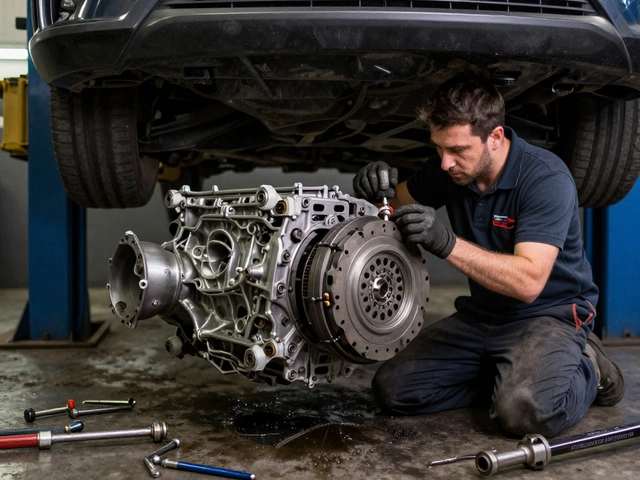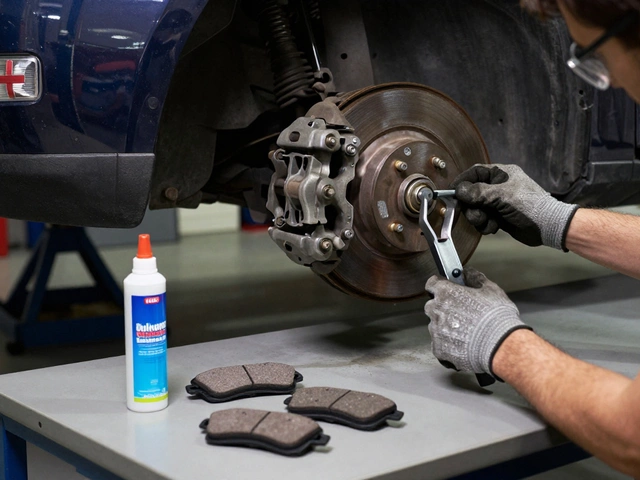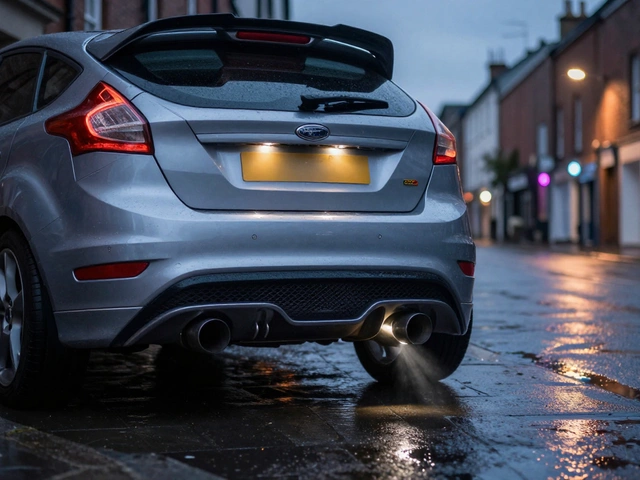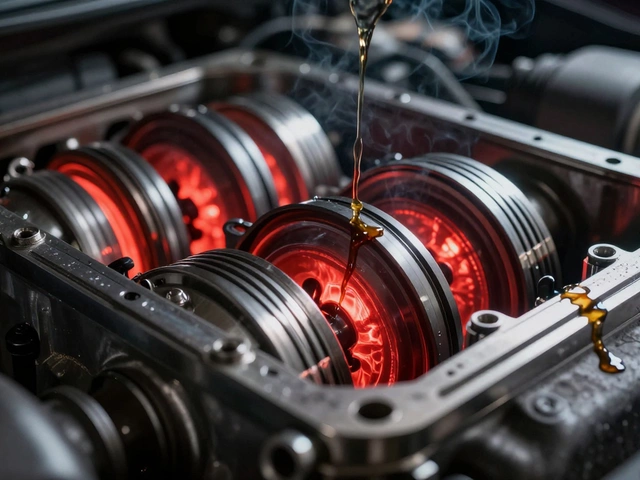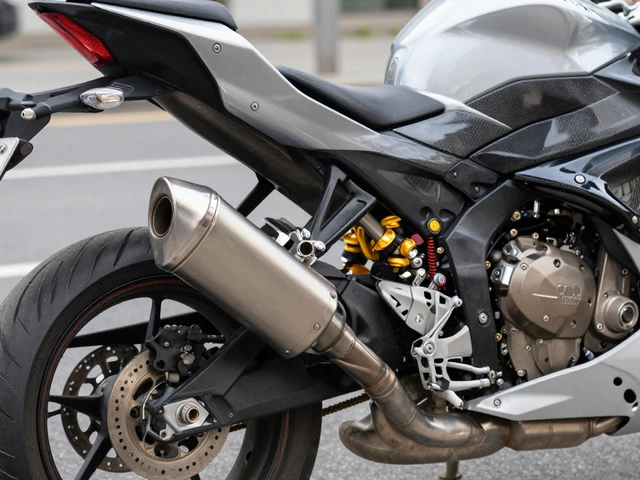Driving Sounds: What Unusual Noises Tell You About Your Car
When your car makes a noise you’ve never heard before, it’s not just annoying—it’s a signal. Driving sounds, the audible cues your vehicle gives you about its condition. Also known as car noises, these sounds are often the first warning before something breaks down. Ignoring them is like ignoring a check engine light you can’t see. A squeal when you brake? A rumble when you accelerate? A clunk over bumps? These aren’t random. They’re symptoms pointing to real issues—like worn brake rotors, failing shock absorbers, or a slipping clutch.
Take bad shocks, a common cause of clunking or thumping noises when driving over rough roads. You might think it’s just the road, but worn shocks let your tires bounce instead of staying planted. That’s dangerous—and it wears out other parts faster. Then there’s the failing fuel pump, which can make a high-pitched whine before it dies completely. If your car sputters on the highway and you hear that noise, it’s not your imagination. And don’t ignore a grinding sound when you press the brake pedal—that’s often brake rotor issues, where metal is rubbing directly on metal because the pads are gone. Even a squeak when you let off the gas could mean a slipping clutch, which feels like the engine revs but the car doesn’t speed up.
These aren’t guesswork problems. Every sound in your car has a source, and every source has a fix—some simple, some urgent. The posts below break down exactly what each noise means, how to tell if it’s harmless or a red flag, and what you should do next. You’ll find real-world checks you can do at home, cost comparisons, and clear signs you can’t miss. No jargon. No fluff. Just what to listen for and what to do when you hear it.

